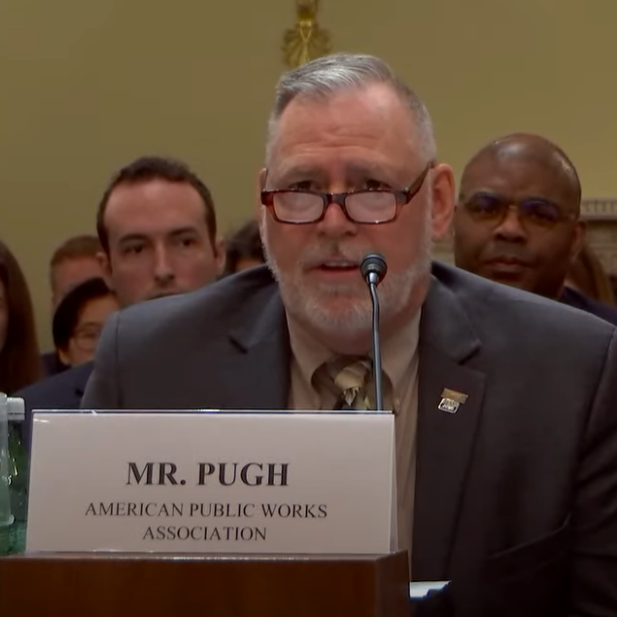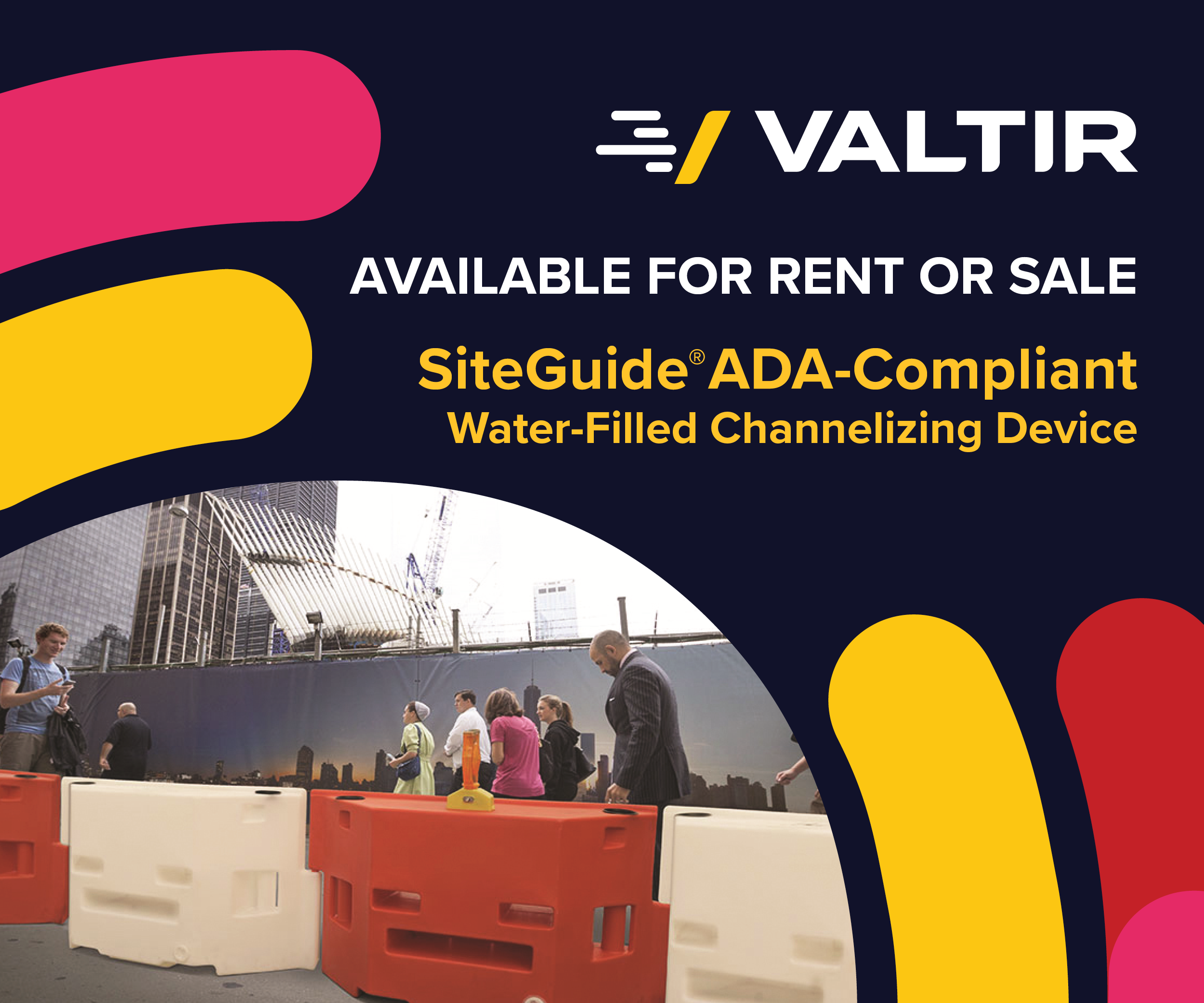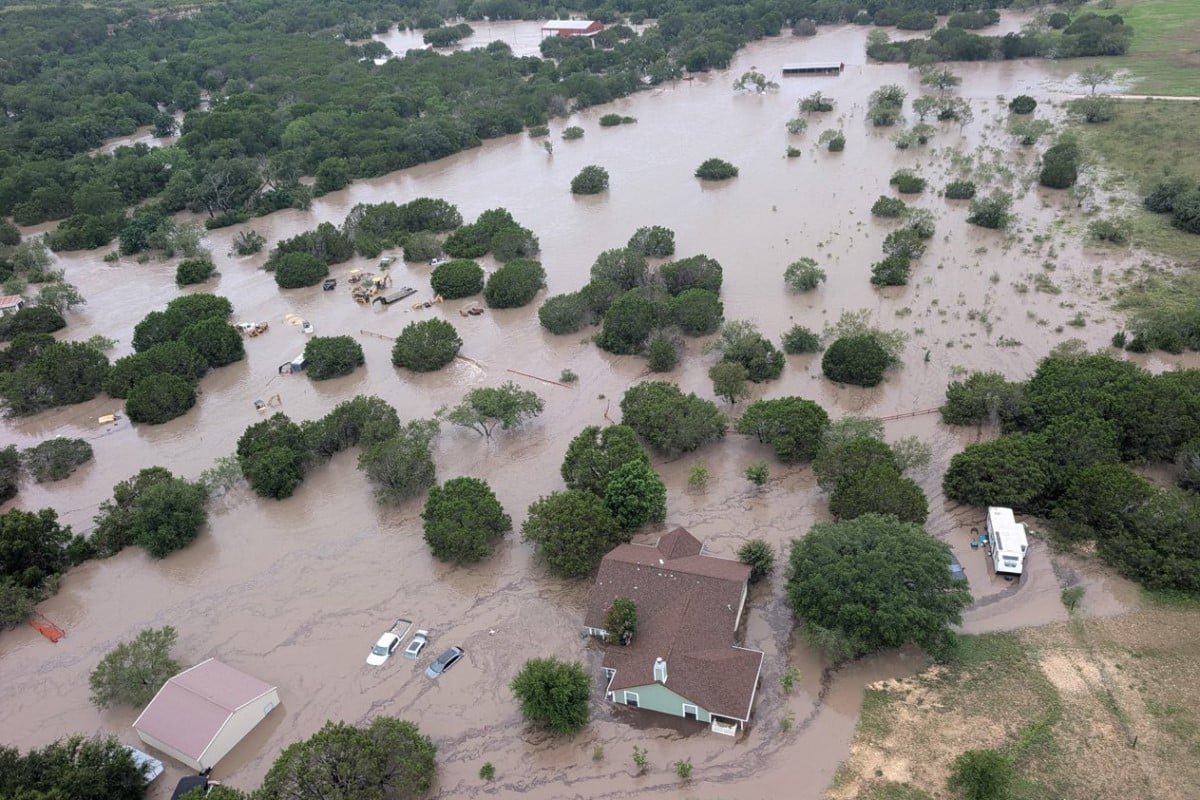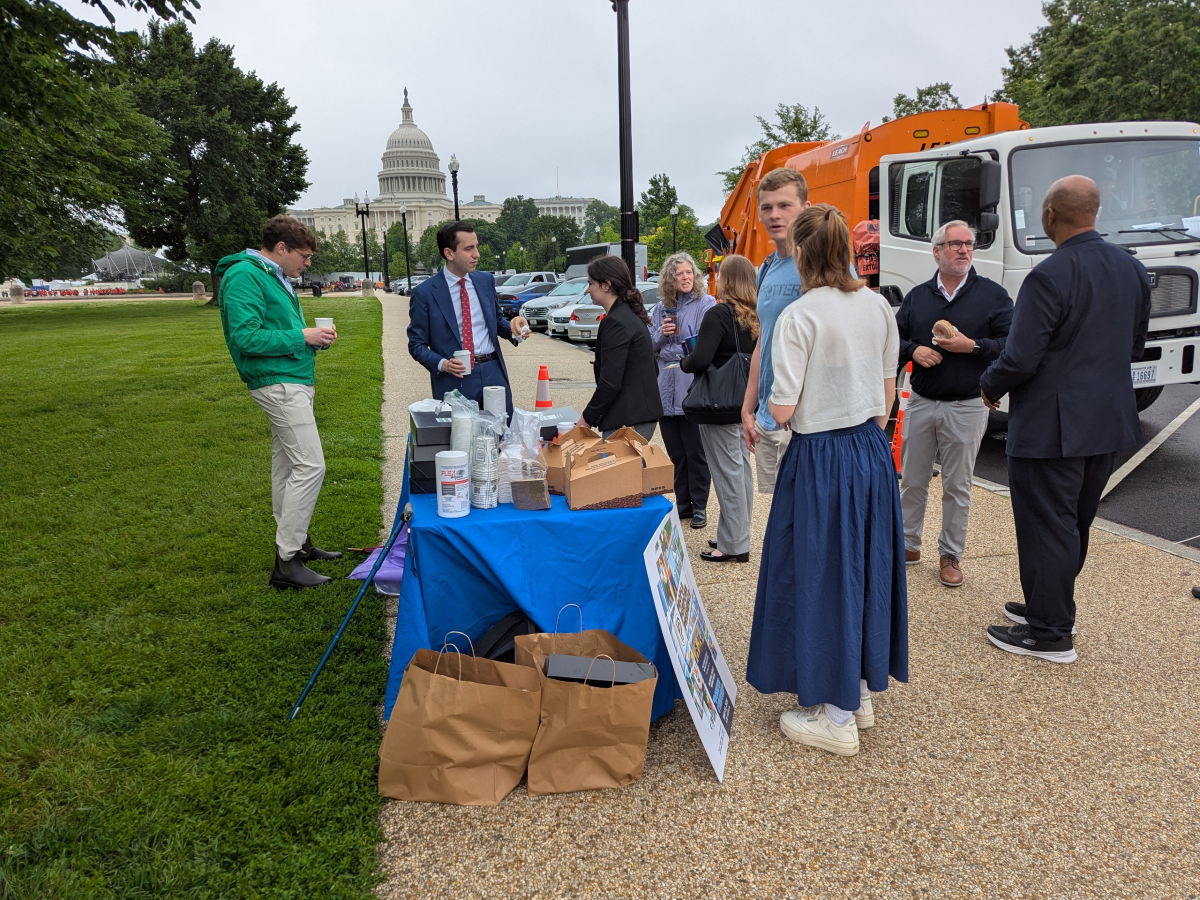About APWA
The American Public Works Association is a not-for-profit, international organization of 32,000 members involved in the field of public works. APWA serves its members by promoting professional excellence and public awareness through education, advocacy, and the exchange of knowledge. Headquartered in Kansas City, MO, APWA also operates a government affairs office in Washington, D.C., and guides 62 chapters and 97 branches throughout North America.
Mark Shade
APWA Government Affairs Media Manager
(202) 218-6736
mshade@apwa.org






